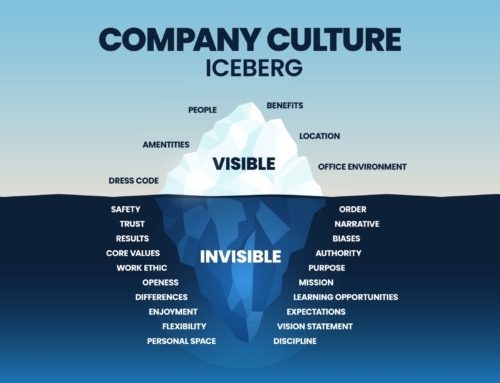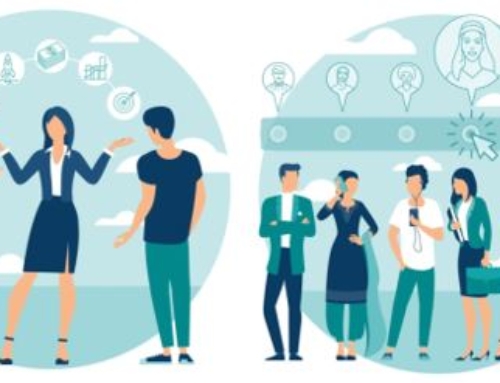Our world is allowing us to become more and more disconnected from each other. In Japan they call this ‘hikikomori’ (derived from the verb hiki “to withdraw” and komori “to be inside”) which was coined in 1998 by Japanese psychiatrist Professor Tamaki Saito.
The technology, pace and complexity of the world is increasing at a rate that far outstrips the human brains capacity to deal with it, and these days it is easy to withdraw from a world when people are able to be less and less reliant on the face to face social infrastructure surrounding us. People can pretty much live at home and not leave their houses for any reason, food deliveries, Uber Eats, television, internet etc. etc. Two years of isolation through COVID hasn’t helped the situation either, people were asked to stay at home and many enjoyed the experience so much they’re refusing to return to the work place.
In a recent business article, Jessica Stillman a psychologist who has studied Burnout for 40 years suggested the 1st thing an executive should do if they are starting to feel burnt-out is reach out and start to build or rebuild (close) relationships.
According to the National Institute on Aging (May 2022) the health risks of prolonged isolation are equivalent to smoking 15 cigarettes a day. Social isolation and loneliness have even been estimated to shorten a person’s life span by as many as 15 years.
Outside of mental health issues and addiction, increased rates of suicide can be attributed to loneliness and a lack of purpose and meaning.
We are already in a mental health crisis, not just for the elderly, but across the board. Young people feel isolated, managers and supervisors are hitting burnout at an alarming rate and our aging population are particularly susceptible to loneliness and despair.
It is a cultural and national problem that the government have in their sights, campaigns like ‘Act, Commit, Belong’ are drawing attention to the issue.
Jennifer Wyborn, a partner in the workplace relations, employment and safety (WRES) practice at Clayton Utz, says a recent WHS judgement “is putting employers on notice that there’s an expected minimum (to provide a safe psychological working environment). Especially in the context of what would be regarded as a large employer, you should have an [employee assistance program], you should offer opportunities for debriefing. The risk of mental health injuries in particular professions is well known and must be proactively managed.” And “Directors don’t have to personally fix things, but the test [under WHS laws] is one of due diligence and there has to be some level of inquiry and challenge.” Employers are on notice: they cannot turn a blind eye and let their people carry the consequences of psychologically dangerous work. And the pressure is not only from the courts.”
Many business have a stated value “people are our most important asset” , but the leaders of those business sometimes lose track of what that actually means in practice or on the front line.
Career Life Transitions has a range of assessments and support options to help you navigate these new challenges, call us and ask us how we can help. (08) 6226 8620 or email info@careerlife.net.au














Dr Susan Roberts says: